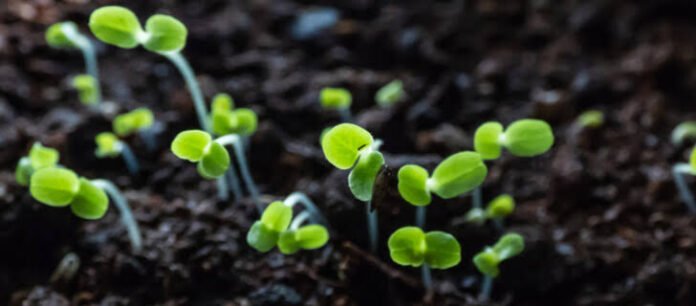Last Updated on July 15, 2023 by
Seed treating with seed treaters is a common practice in farming that involves applying various substances to seeds before planting. The use of a seed treater offers several benefits and plays a crucial role in modern agricultural practices. Here are some reasons why farmers use seed treaters:
Table of Contents
Disease and pest control
Seed treatment helps protect seeds and young seedlings from diseases and pests. Treating seeds with fungicides, insecticides, or nematicides can prevent or minimize the risk of seedborne or soilborne pathogens, insects, or nematodes damaging the crop. This early protection promotes healthier and more vigorous plant growth.
Enhanced germination and establishment
Seed treatments can improve germination rates and enhance seedling establishment. Certain treatments, such as priming or coating seeds with growth promoters, nutrients, or beneficial microorganisms, create favorable conditions for seeds to germinate quickly, develop stronger roots, and establish more robust plants.
Improved seedling vigor
Seed treatments can boost seedling vigor, which refers to the ability of young plants to withstand stress and adapt to adverse environmental conditions. Treating seeds with biostimulants or micronutrients can enhance root development, nutrient uptake, and overall plant performance, leading to better crop establishment and early growth.
Protection against environmental stress
Some seed treatments provide protection against environmental stresses like drought, cold, or heat. Coatings or treatments containing polymers or substances that retain moisture can help seeds withstand dry conditions, while others may contain compounds that provide insulation against temperature extremes, allowing for better seedling survival and growth.
Control of seedborne pathogens
Seeds can carry pathogens that cause diseases in plants. Seed treatments can help control seedborne pathogens, preventing their transmission from seeds to the growing plants. By eliminating or reducing the pathogen load on seeds, seed treatment contributes to disease management and reduces the risk of crop losses.
Precision application
Seed treaters enable precise and uniform application of treatment substances onto seeds. This ensures that each seed receives the necessary amount of treatment, avoiding overuse or wastage of costly inputs. Uniform treatment also results in consistent performance across the field and promotes optimal crop development.
Convenience and efficiency
Using a seed treater allows farmers to treat seeds on-site, providing convenience and flexibility in seed treatment operations. Farmers can treat seeds at the time of planting or during the offseason, depending on their specific needs and crop rotation plans. This eliminates the reliance on external seed treatment services and provides greater control over the process.
Reduced environmental impact
Seed treatments, when applied correctly, can contribute to reduced environmental impact compared to other forms of pest and disease control. By targeting treatments directly to the seed, farmers can minimize the use of chemicals in the field, reducing potential off-target effects and exposure to non-target organisms.
Overall, seed treating with the help of seed treaters is a proactive measure that promotes healthy seedling development, protects crops from diseases and pests, and contributes to improved agricultural productivity and sustainability.
Apart from that, if you are interested to know about Agricultural equipment tools then visit our Lifestyle category.





















